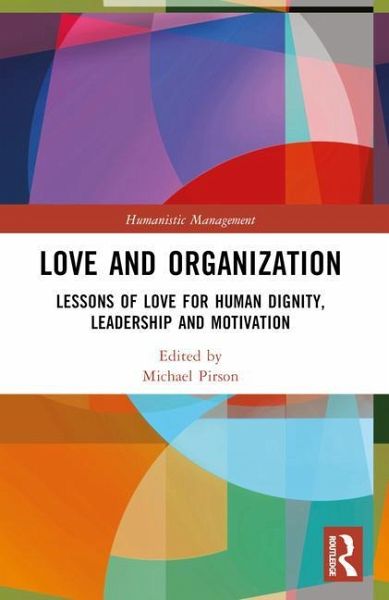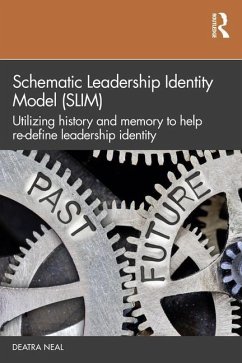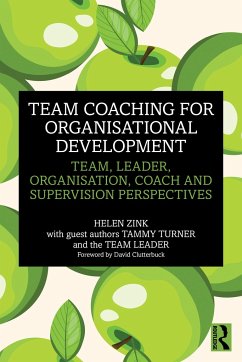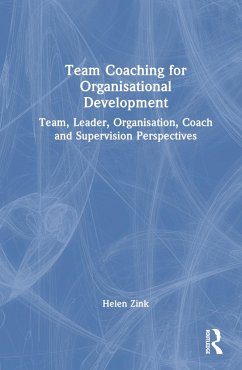
Love and Organization
Lessons of Love for Human Dignity, Leadership and Motivation
Herausgegeben: Pirson, Michael
Versandkostenfrei!
Versandfertig in 6-10 Tagen
49,99 €
inkl. MwSt.
Weitere Ausgaben:

PAYBACK Punkte
25 °P sammeln!
Organizations are not human, but they are made up of people. Examining the organization, functioning, growing and developing and moving together as one unit, the well-being and success of that organization depends on the well-being of people that make it up.Love, in its various forms, is the energy that motivates and fuels creativity, care, innovation, progress and well-being. Traditionally, organizational structures have been set up to support compliance and command and control, which often discourages love and creates policies against love at the workplace. The result has been reduced growth...
Organizations are not human, but they are made up of people. Examining the organization, functioning, growing and developing and moving together as one unit, the well-being and success of that organization depends on the well-being of people that make it up.
Love, in its various forms, is the energy that motivates and fuels creativity, care, innovation, progress and well-being. Traditionally, organizational structures have been set up to support compliance and command and control, which often discourages love and creates policies against love at the workplace. The result has been reduced growth, productivity and retention of businesses as well as reduced well-being for employees. This reduced connectivity between individuals has also, at a higher level, adversely affected society. Without love, people are working and performing with reduced energy, and at reduced capacity. While prior research has been focused on love at the workplace from the viewpoint of psychologists, this book explores the impact of love within organizational contexts from various viewpoints including management, psychology, and philosophy. It explores love in the organizational context by looking at how it affects meaning, purpose, well-being, motivation, faith, care, spiritual development and how the identity and well-being of each person in the organization positively affects retention and the growth and success of that organization.
It will be of interest to researchers, academics, and advanced students in the fields of organizational studies, leadership, and management.
Love, in its various forms, is the energy that motivates and fuels creativity, care, innovation, progress and well-being. Traditionally, organizational structures have been set up to support compliance and command and control, which often discourages love and creates policies against love at the workplace. The result has been reduced growth, productivity and retention of businesses as well as reduced well-being for employees. This reduced connectivity between individuals has also, at a higher level, adversely affected society. Without love, people are working and performing with reduced energy, and at reduced capacity. While prior research has been focused on love at the workplace from the viewpoint of psychologists, this book explores the impact of love within organizational contexts from various viewpoints including management, psychology, and philosophy. It explores love in the organizational context by looking at how it affects meaning, purpose, well-being, motivation, faith, care, spiritual development and how the identity and well-being of each person in the organization positively affects retention and the growth and success of that organization.
It will be of interest to researchers, academics, and advanced students in the fields of organizational studies, leadership, and management.














